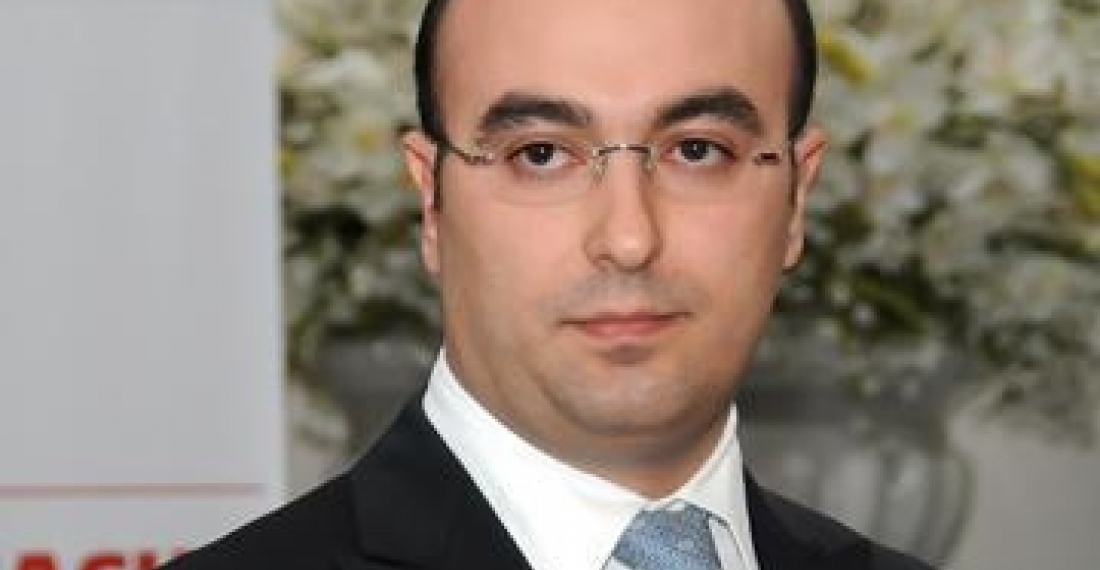This article was first published in the Russian Newspaper Nezavisimaya Gazeta. The English version is reproduced from News.az.
The student’s ability to perceive knowledge often depends on the teacher’s manner to explain a complex formula. But when the basic truth is repeated without any effect for the fifteenth time, the problem is rather about the student than the teacher and there is a risk that this student will lag behind in his development.
Beginning from December 1991 the world community has been constantly explaining the basics of international law to both the regime in the occupied lands of Azerbaijan and the political leadership in Yerevan. The main point of the lesson is that the process of dominant satisfaction of personal needs cannot be called elections especially against the backdrop of the termination and deportation of a significant part of the aboriginal population. The lesson that it is inappropriate to present the so-called NKR as an independent member of the world community has continued for more than 20 years.
The map of the region makes it clear that the political system of the society cannot function normally without the due economic provision of the political process. For two out of the three countries, the state changed in the late 1990’s: in the case with Georgia this happened through the social blast, through revolutions and in the case with Azerbaijan it happened evolutionally through transformations and modernization.
The situation with Armenia, its shaky socioeconomic state of the population is a different issue. Meanwhile, the percent correlation of the gross foreign debt of Armenia to the nominal GDP of the country which makes 72% is a subject of a separate study.
Thanks to the competent use of mutual connection and mutual dependence, political and economic system of the society, Azerbaijan has grown from a passive player into a regional leader. However, the illegal presence of the Armenian armed forces in Azerbaijan seems too inappropriate against the backdrop of such a positive development.
Some attempts of ‘politicians’ to present their own position in support of legitimization of the established state, in particular, the elections of the so-called president of the occupational regime can be heard recently. They attempt hard to forget the fact of recognition and support for the sovereignty and territorial integrity of Azerbaijan on the basis of principles of international law, UN charter and Helsinki final act. Both international organizations, and separate states are unanimous in this position while supporting official Baku in the resolution of the Armenian-Azerbaijani conflict over Nagorno Karabakh.
However, the attempts to legitimize separatism causing nothing but regret can be seen even in the information space of the strategic partner country of Azerbaijan-Russia, which repeatedly voiced the official position of the Kremlin that supports the territorial integrity of Azerbaijan.
These attempts cause regret and raise questions. Let’s distance from the fact of the forced cessation of the internationally recognized lands of Azerbaijan with the million of refugees and IDPs. Thanks to pseudo-politicians and semiexperts, the theory of the presence of the ‘self-sufficient and independent state’ is still wandering around the world.
The information ground for this article was formed by the note ‘A heavy road to peace’ of 29 August in Nezavisimaya Gazeta by Viktor Sheynis. According to the author, who practically rejected all possible norms of international law, it is possible to say that “ the basis must be the ‘real’ situation rather than the medieval right of a neighbor state for lands, which it considers its property without respect to the will of people living there’
The author prefers not to mention the real essence of this situation. A man of science cannot confuse historical facts in an attempt to set up Armenian wishes for the reality. It is not good for a professor to make such loud statements as ‘the right of the people of Karabakh for freedom and independent choice cannot be a subject of negotiations’.Since this firm obstinacy not to notice the approaching disaster costs much to the population in Karabakh, the regime in Khankandi almost fully terminated the future young generation.
However, there is still a way out of this situation-Azerbaijani side always sought a constructive dialogue and peaceful resolution of the conflict and has already proposed to start working on a peaceful treaty for already several times, but Yerevan does not even want to hear about such a document. Yerevan’s stance does not only complicate any positive perspective of regional development but also reduce to zero the internal resources of the contemporary Armenian public.
Ideally, the legal status of Nagorno Karabakh will be worked out with respect to a similar European experience, once the occupied lands are liberated. For example, as a variant of the legal status of the region, we study the experience of Southern Tirol, develop mechanisms of the peaceful coexistence of Azerbaijani and Armenian communities, economic, social and cultural development of the region.
It would be ideal if Yerevan accepted the axiom of the return of the occupied lands under the full control of Azerbaijan. It would be ideal if the Armenian and pro-Armenian politicians contribute to the development of the plan of joint coexistence of the Armenian and Azerbaijani communities in the Nagorno Karabakh region of Azerbaijan... However, the situation is far from being ideal.
It is September now, the start of the new academic year. It became new for many, but for some who lagged behind for the second year (here - the second decade), it has become only a repetition of an old programme. The real situation can be spoken of much. It is even possible to speak referring to the more than twenty-year-old lessons of both international law, history and simple routine logic. However, if the basic truth is repeated for the 15th time, the problem should be sought in other places...
Elnur Aslanov is the Head of the Department for Political Analysis and Information Support of the Azerbaijani Presidential Administration.







